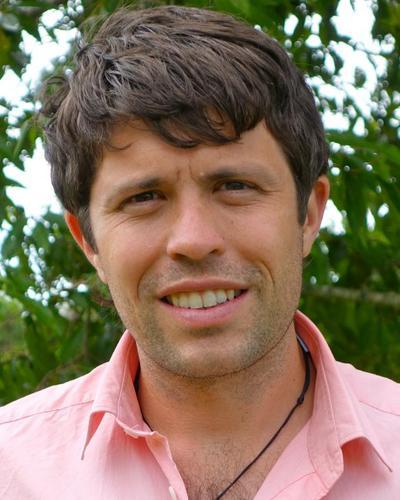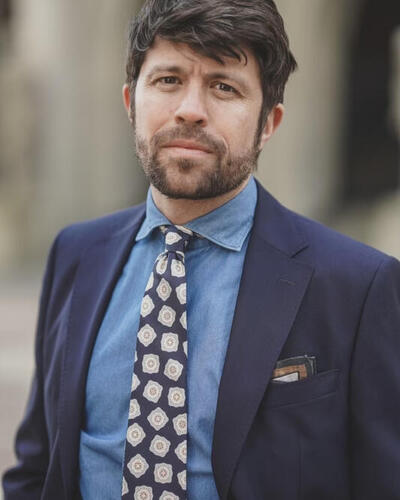Co-production of Seasonal Representations for Adaptive Institutions: Can we change the ideas of seasons underpinning Bergen’s key institutions
CET is happy to announce the upcoming seminar with Scott Bremer from the Centre for the Study of the Sciences and the Humanities, UiB on September 5.
Hovedinnhold
Climate change may be undermining the stock of seasonal representations that society draws on to understand and live according to the weather. The CALENDARS project studies how modern society represents seasons, and how these representations shape institutions and help people live with seasonal change. The project opens an important emerging field in climate adaptation research by examining the representations of ‘normal’ seasons underlying key institutions, assessing their quality for successful adaptation to rapid climate change, and analyzing facilitators and barriers to adopting representations more flexibly to new climates. It contributes a novel perspective on how to transform our institutions – from schools to farmer cooperatives – from the foundational culture and representations up, to better fit the changing seasonal cycles we are experiencing.
CALENDARS empirically explores the relationship between different institutions’ ideas of seasons and their successful adaptation through an in-depth comparative study of a set of institutions in two local communities, in Norway and New Zealand. It is steered by an overall objective to: ‘Advance knowledge and understanding of how seasonal representations shape and are shaped by institutions, and critically appraise the quality of these representations for contributing to successful adaptation to seasonal change’.
Conceptually, CALENDARS looks at representations as continuously ‘co-produced’ at the boundary of nature and society, and society and institutions. It tests a novel reconceptualization of co-production as a prism; with each of the project’s three phases looking at the complex processes by which representations emerge through different ‘lenses’ of co-production. Methodologically, the project tests the feasibility of a novel basket of bespoke methods spanning narrative interviews, calendar boundary objects, and collaborative sustainability science.
Scott Bremer is a researcher at Centre for the Study of the Sciences and the Humanities at the University of Bergen. His research background is in natural resource management and environmental governance, with a particular interest in the science-policy and science-society interfaces. Bremer's research particularly focuses on how science and other knowledge systems are mobilized for coastal governance, and climate adaptation. To this extent, his research also draws on concepts from across Philosophy of science, Science and technology studies, and Practical ethics, including environmental, agricultural and food ethics.

